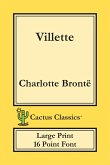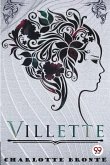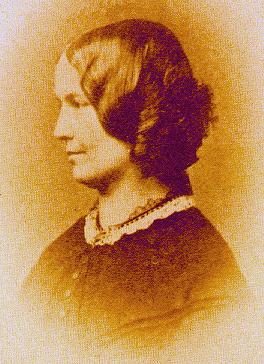Brontë's third novel, the last published in her lifetime, was Villette, which appeared in 1853. Its main themes include isolation, how such a condition can be borne,and the internal conflict brought about by social repression of individual desire. Its main character, Lucy Snowe, travels abroad to teach in a boarding school in the fictional town of Villette, where she encounters a culture and religion different from her own and falls in love with a man (Paul Emanuel) whom she cannot marry. Her experiences result in a breakdown but eventually, she achieves independence and fulfilment through running her own school. A substantial amount of the novel's dialogue is in the French language. Villette marked Brontë's return to writing from a first-person perspective (that of Lucy Snowe), the technique she had used in Jane Eyre.








